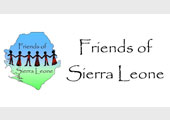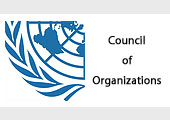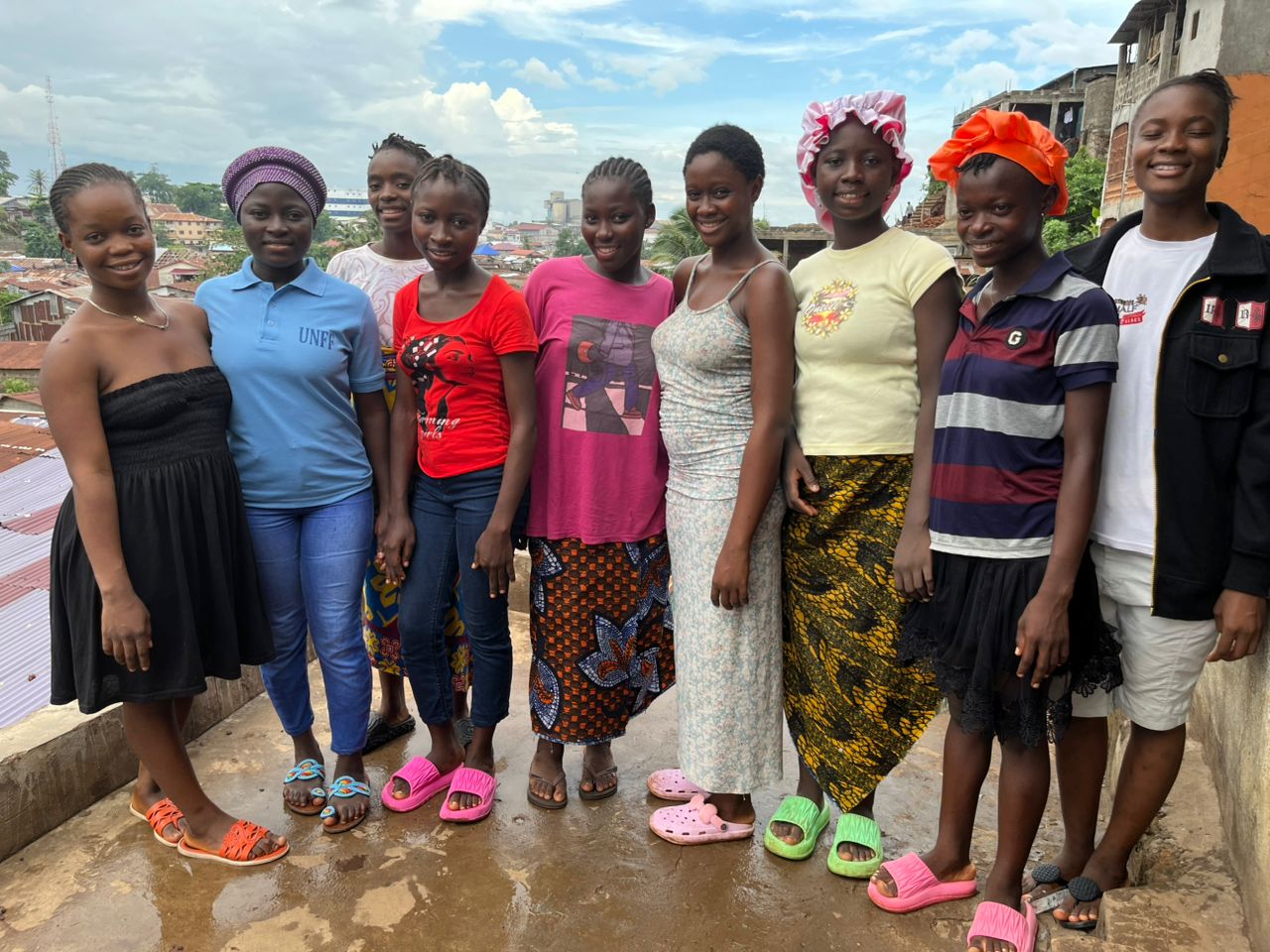
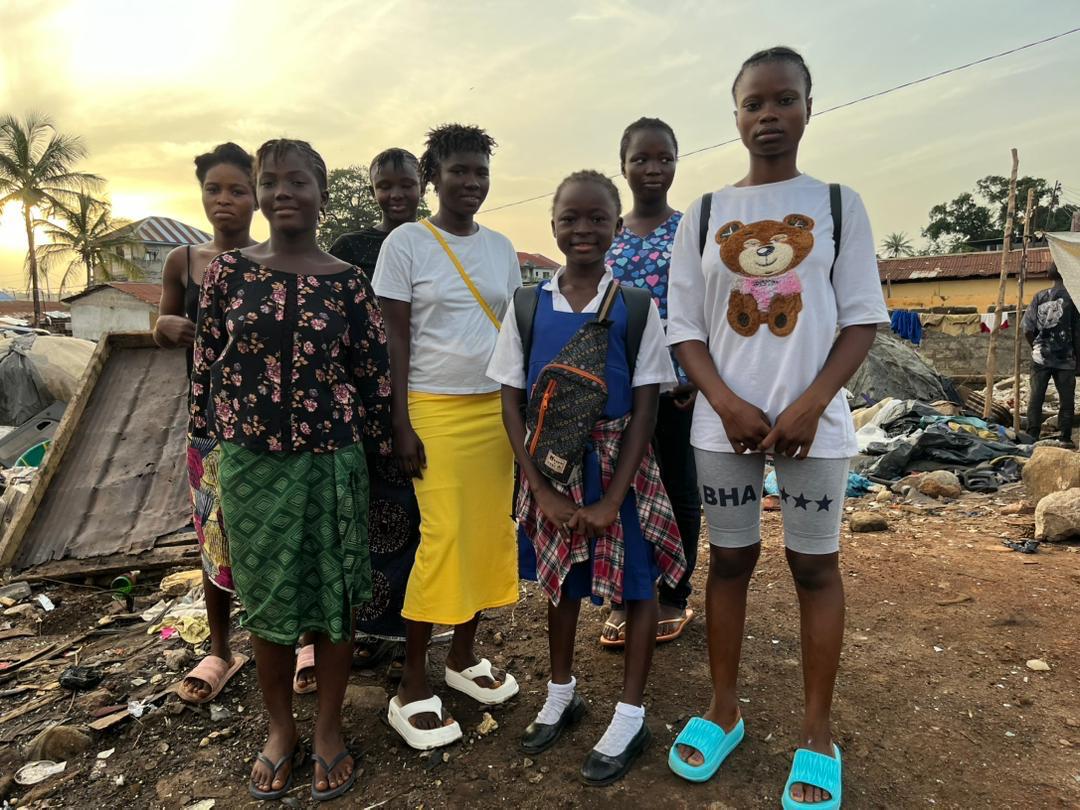
Wastepickers in Sierra Leone
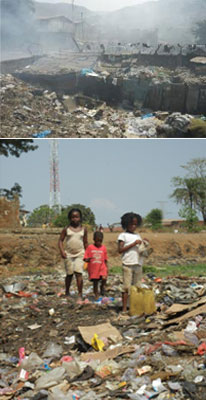 Sierra Leone, over the past few years has made great strides towards economic recovery. However, it is still recovering from the effects of the brutal 11-year civil war. During the war there was a mass migration of people from the provinces seeking refuge in Freetown. After the end of the devastating civil war, many of these displaced people chose to stay in the city in order to seek a better life. Due to an increasing population and lack of employment, Freetown has seen a tremendous growth of slum areas. Currently about 60% of the city resident’s live in slum areas and suffer from a lack of access to clean drinking water and proper sanitation.
Sierra Leone, over the past few years has made great strides towards economic recovery. However, it is still recovering from the effects of the brutal 11-year civil war. During the war there was a mass migration of people from the provinces seeking refuge in Freetown. After the end of the devastating civil war, many of these displaced people chose to stay in the city in order to seek a better life. Due to an increasing population and lack of employment, Freetown has seen a tremendous growth of slum areas. Currently about 60% of the city resident’s live in slum areas and suffer from a lack of access to clean drinking water and proper sanitation.
The most vulnerable living situations in these slums occur in the dumpsites. Diseases are common with flooding sewers and the discarding of human waste and toxic chemicals at the dumpsite. Wastepickers survive by salvaging reusable or recyclable materials from the dumpsite and selling these items in order to earn money. The housing situation is deplorable – many live in one-room houses constructed of thin metal sheets that provide little protection from outside elements (e.g. weather, security and toxic emissions from burning trash in the dumpsites). In addition, these homes lack access to proper toilets, running water and electricity. The little income that the wastepickers make is not enough to sustain their families. The children are most affected by the conditions at the dumpsite and face economic exploitation, forcing many into child labor, rather than attending school.
Since the start of the program in December 2013, The Unforgotten Sierra Leone has been endeavoring for social economic development for single women and the education of their daughters in the dumpsite communities of Kissy Dockyard (Kissy Bomeh) and Kolleh Town (Kingtom Bomeh) in the capital city of Sierra Leone. The dumpsite is a source of income for the families. Many young children accompany their mothers to the dumpsite in search of items to sell or eat. Many of the children do not attend school, instead they spend hours a day scavenge the dumpsite searching for scrap metal or plastic item, or selling in the open market reusable items found in the dumpsite.
Projects
Aid Trash Dump Children Project
For more information about this project please visit Country-wise Projects >> Sierra Leone on our Education page.
Wi Yone Moni Project
For more information about this project please visit Country-wise Projects >> Sierra Leone on our Women’s Empowerment page.
Flooding in Sierra Leone
On 16th September 2015 flooding due to the torrential rains caused serious damage particularly to the people living within the slum areas. Two of our slum communities were affected by the flood in which they lost a lot of their property and some were displaced at the National Stadium and the Brima Attuga Mini Stadium. The Unforgotten Fund came to rescue their beneficiaries by buying school wears for the girls, replacing the lost furniture and repairing some of the damaged furniture in the classrooms.
Women Mean Business
Women Mean Business is a unique and intimate annual educational and inspirational platform for young and emerging African female entrepreneurs in all business fields. [Read more…]
Consultative Forum
The Consultative Forum was organized by the Mano River Union Secretariat in collaboration with CARE International on the theme “Consultations on a Model for Women’s Economic Social and Political Empowerment in the Mano River Union Sub-Region”. The two days forum was at the Bintumani Hotel Aberdeen from the 19th to the 20th July 2016 of which the Unforgotten Fund Sierra Leone team was invited.
Ebola Workshop
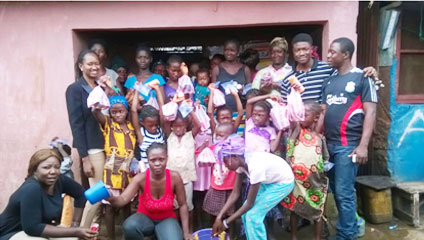
The Ebola outbreak reached Sierra Leone in May 2014. In the fight against Ebola, the government restricted the movement of people, banned all social gatherings, which resulted in a closure of schools and higher institutions. For the safety of the staff, The Unforgotten limited their work in the field but continued office duties. In addition, The Unforgotten Sierra Leone made a very difficult decision to temporarily close both Bridge School Programs in King Tom and Kissy Dockyard. The Unforgotten team in Sierra Leone focused their efforts on raising awareness about the disease by embarking on an “Ebola Sensitization Workshop” with The Unforgotten beneficiaries. The workshops took place at the Kissy Dockyard and Kolleh town communities. The workshops were very successful and gained much attention from the public. The Unforgotten Sierra Leone was a featured article on the front page of Sierra Leone’s most widely circulated newspaper “The Awareness Times”. Throughout the remainder of 2014, The Unforgotten Sierra Leone continued to work closely with NGO and CBO partners to raise awareness and provide sponsored mothers with information and resources to help prevent the disease.
For detailed information about The Unforgotten projects in Sierra Leone, please visit the Projects section of this website.
Unforgotten Sierra Leone
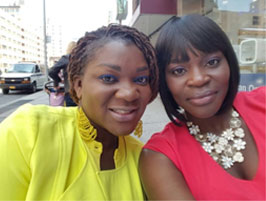
Partnerships and Stakeholders
The Unforgotten – Sierra Leone office has been working closely with community elders in both dumpsite locations and has developed close partnerships with governmental institutions and agencies responsible for children, such as the Ministry of Social Welfare Gender and Children’s Affairs and Freetown City Council, in which we are a registered Community Based Organization (CBO). The Unforgotten has also collaborated with and established close working relationships with Ecobank Microfinance SL, Millennium Development Ambassadors, and Women’s Vocational Training Center.
Personal Stories
Mary Williams and her children
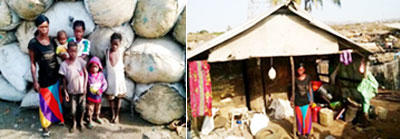
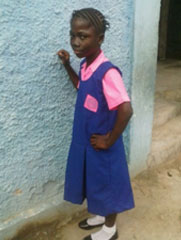
Mary Williams used to live in the King Tom dumpsite. She has five children. For a very long time, she has struggled to feed her children and find a reasonable place to live because of her low earnings. After being enrolled in the program, the burden of feeding her household has been lifted off of her shoulders. She is now able to use her earning to find a suitable living situation. After receiving help from The Unforgotten Sierra Leone, Mary no longer lives in the dumpsite. She now rents a single room where she and her kids live. Her daughter, Mariam Bangura, has been enrolled in private school (Standard Preparatory School) closer to the community King Tom. She was accepted for class two.
Fatima Kamara
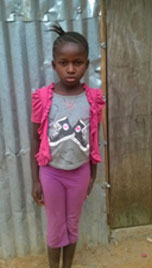
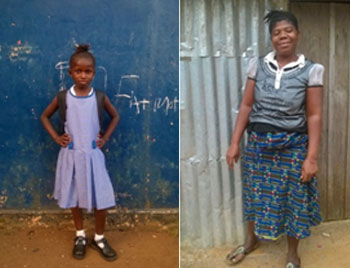
Fatima Kamara is 9 years old; she lives with her aunty Mbalu Kamara in the Kissy bomeh community. Fatima’s mother was unable to care for her, so her aunty took guardianship of her at a very young age. Mbalu was unemployed and unable to provide food for Fatima and her children. Fatima was not attending school because Mbalu did not have the money to send her to school. They were both waste picking items in the Kissy dumpsite to sell in the market or to recycling companies, and sometimes resorted to begging in the street for something to eat.
We began sponsoring Fatima in the Aid Trash Dump Children program in 2013. We soon learned that Fatima had never attended school, in fact at the time she did not speak English or Krio (the national language of Sierra Leone) she only spoke in Temne, her traditional language. When she started attending the Kissy Bridge School she was shy and timid, and nervous around her classmates. The teacher would speak with her in Temne and encourage her to participate in class activities and to speak in English until she gained confidence in school. Her performance in the bridge school was excellent. She qualified for enrollment into the primary school for the 2016 academic year. She is enrolled in class two at John F. Kennedy (JFK) Memorial School near to the Kissy community. Her performance at JFK was amazing. She got an annual percentage of 86.2 taking the 3rd position in class.
For more information about our Sierra Leone Chapter, please contact Ms. Madina Alharazim ( : madina.alharazim@unforgotten.org ) and Ms. Aminata Alharazim ( : aminata.alharazim@unforgotten.org )

